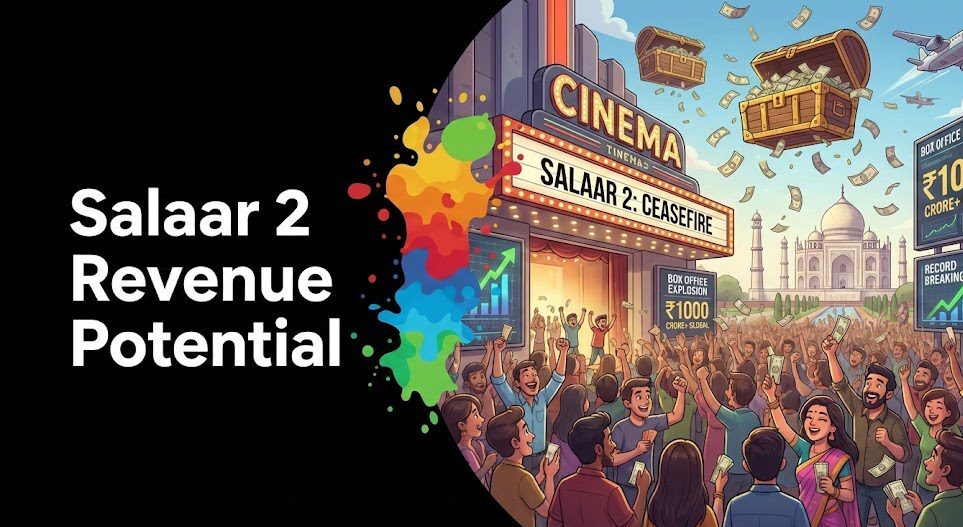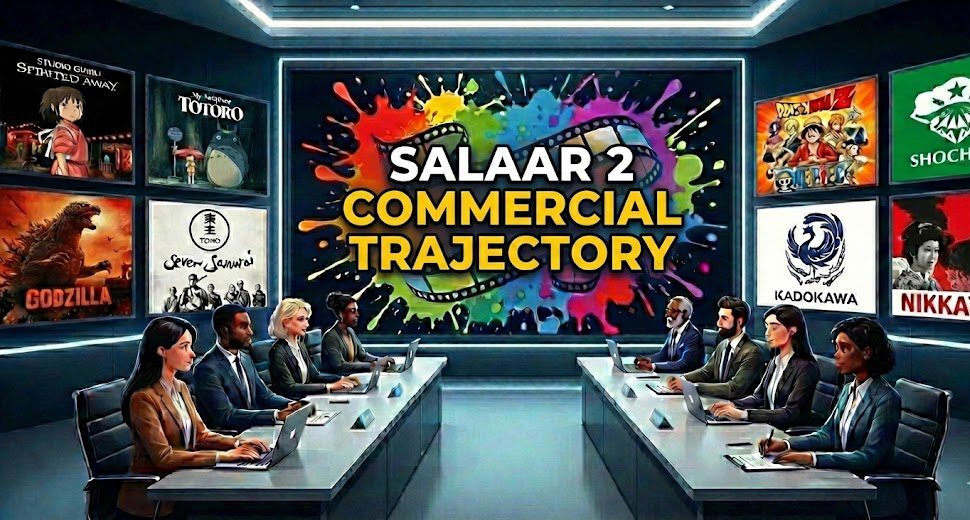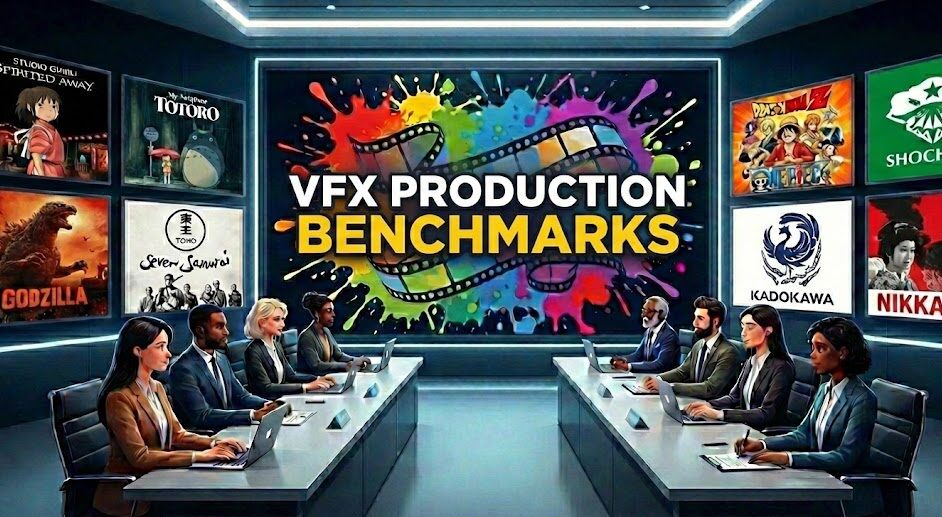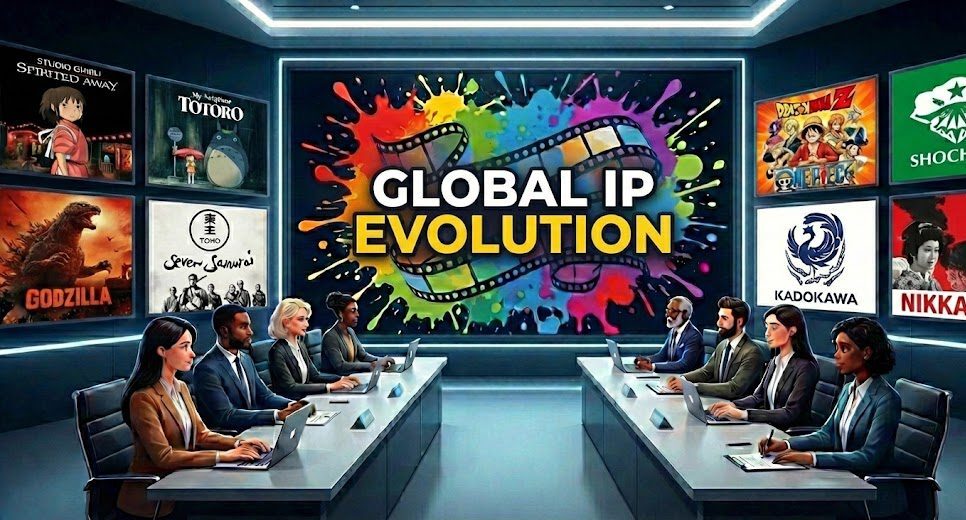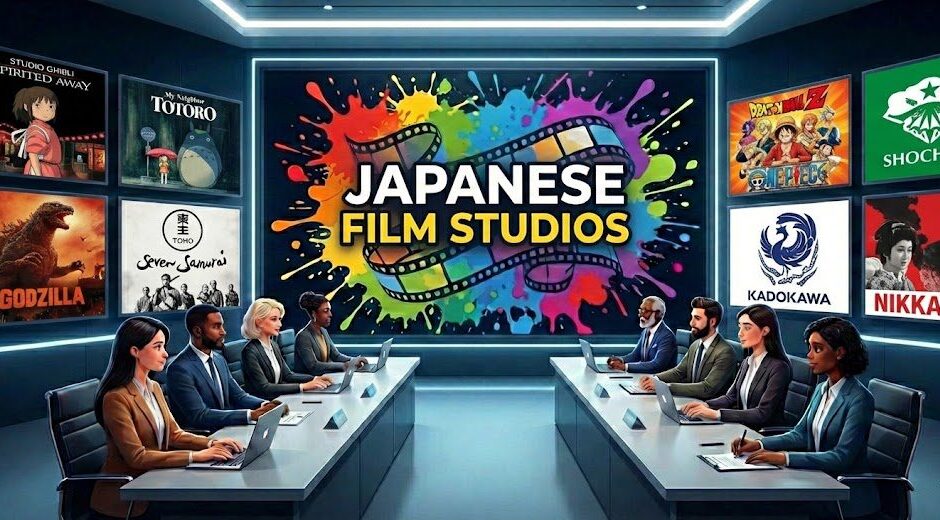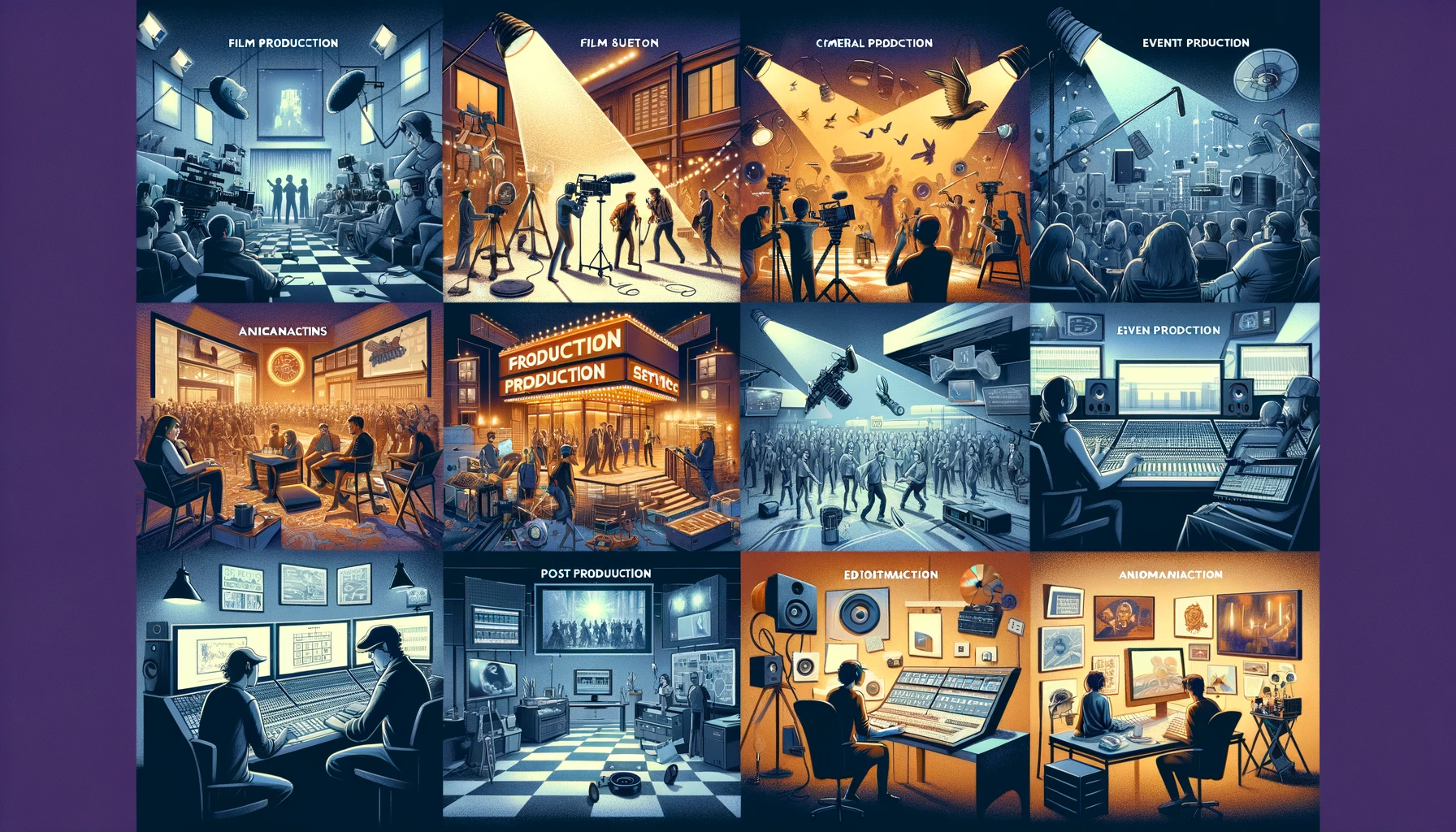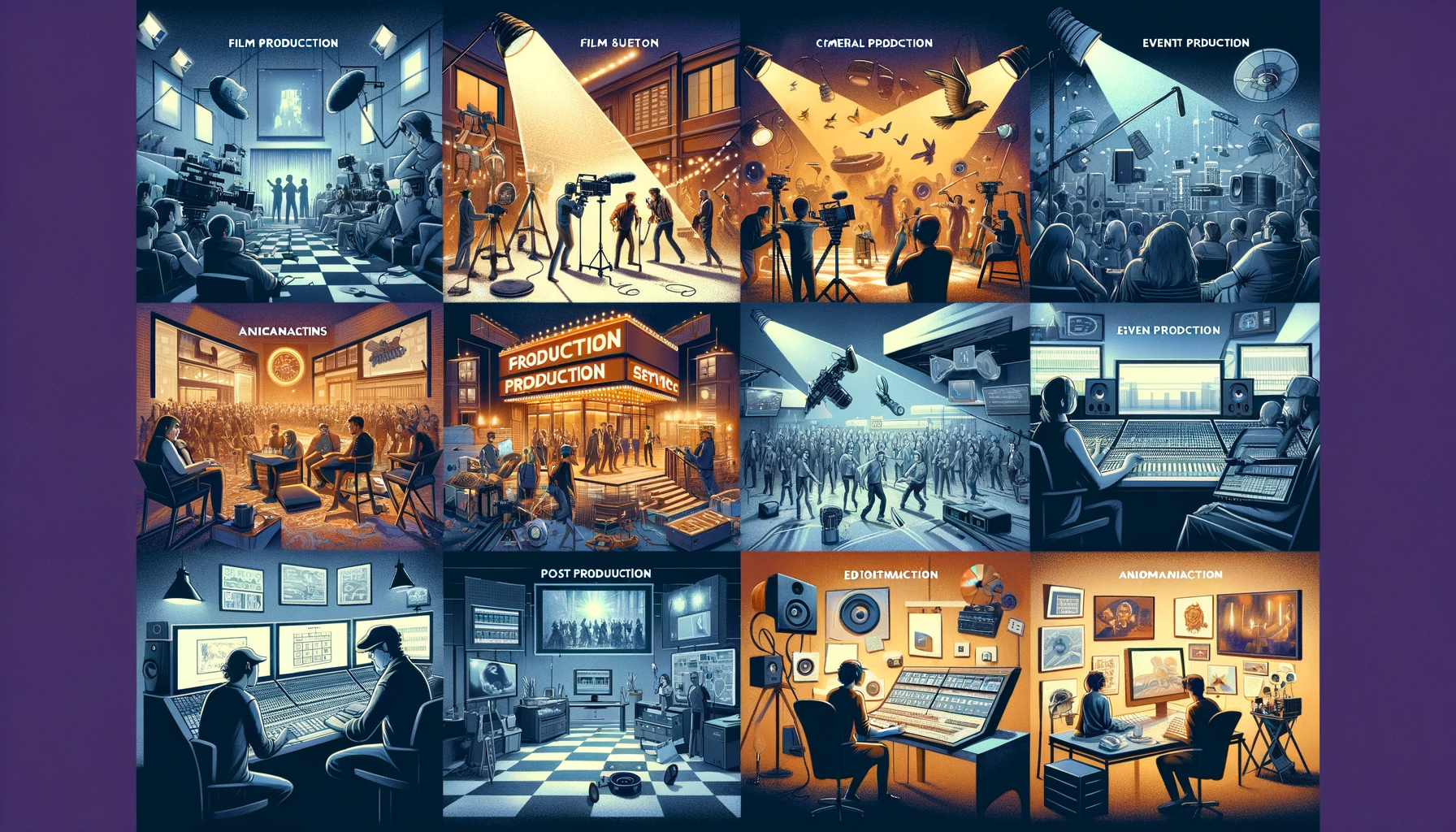Introduction
The film industry is no stranger to technological advancements, and AI dubbing is the latest innovation set to transform the way movies are produced and distributed. By leveraging artificial intelligence, filmmakers can streamline the dubbing process, reach a global audience more effectively, and explore new creative frontiers. This article delves into the intricacies of AI dubbing, its benefits, challenges, and the profound impact it’s having on the film industry.
Understanding AI Dubbing
What is AI Dubbing?
AI dubbing refers to the use of artificial intelligence to automate and enhance the process of translating and recording voice-overs for films. Unlike traditional dubbing, which relies on human voice actors and manual translation, AI dubbing utilizes advanced machine learning algorithms to generate natural-sounding dialogue in multiple languages.
How Does AI Dubbing Work?
AI dubbing systems use neural networks trained on vast datasets of human speech. These systems can analyze the original audio, translate the script, and generate synchronized voice-overs in the target language. By mimicking human intonation and emotion, AI dubbing ensures the dubbed dialogue feels authentic and engaging.
Top 10 AI Dubbing Companies
1. Zoo Digital
- ZOO Digital is a provider of cloud software-based subtitling, dubbing, and media localization services to the TV and movie industry. These globalization services are trusted by the biggest names in entertainment. Ready to deliver high-quality localization and media services at scale. ZOO Digital spans continents and cultures to do incredible things.
- Connect : Click here to connect with ZOO Digital.
2. Prime Focus Technologies
-
Prime Focus Technologies is based in the United States of America. PFT offers customers transformational solutions that help automate the content supply chain and digitally mediate enterprise workflows to manage the content and the business of content. It offers broadcasters, studios, brands, and service providers transformational solutions that help them lower their Total Cost of Operations (TCOP) by automating the supply chain and managing their content business better.
- Connect : Click here to connect with Prime Focus Technologies.
3. Iyuno
- Iyuno is a global entertainment technology and localization company serving the world’s leading entertainment studios in dubbing, subtitling, and media services with 67 offices across 35 countries. The company’s 75-year collective legacy is unmatched in operational expertise, scale, capacity, and breadth of services.
- Connect : Click here to connect with Iyuno.
4. Keywords Studios
- Keywords Studios is a world-leading provider of comprehensive services for the video game and entertainment industries. From expert localization and captivating audio services to rigorous testing and stunning art and animation, we enhance every aspect of gaming experiences.
- Connect : Click here to connect with Keywords Studios.
5. Hiventy
- Hiventy is a leading provider of technical audiovisual services in France and abroad. It participates in every stage in the life of audiovisual works and films, from post-production to final delivery, for all types of broadcasts. As a trusted partner, it strives to help everyone in the audiovisual and film industry expand its catalog distribution in order to maximize its income and success.
- Connect : Click here to connect with Hiventy.
Enhance Your Film’s Global Appeal with AI Dubbing
Discover the Future of Dubbing with Advanced AI Technology
6. RWS Moravia
- Moravia rebranded to RWS Moravia, is an RWS company, that delivers product localization, global digital marketing, and testing services to the world’s top brands. It has 9 offices in Europe, Asia, and the Americas, their talented teams design customized solutions to help its clients succeed in going global. When you need a globalization solution provider that creates high-quality localized products and content that meet the language and functionality needs of customers in any locale you can connect them.
- Connect : Click here to connect with RWS Moravia.
7. Ai-Media
- Ai-Media was founded in 2003 on the belief that everyone deserves access to information. Providing that access remains their mission to this day, and they have also evolved their business. It is one of the biggest captioning providers for the education, corporate, broadcast, and government sectors, with a growing footprint in global markets.
- Connect : Click here to connect with Ai-Media.
8. Acolad
-
Acolad is the global leader in professional language, content, and digital services. The group has a presence in 25 countries and on 3 continents and distinguishes itself by its multi-local market approach. Acolad offers a wide range of language services, for all industries and sectors, including translation, localization, and interpretation. US$101 million to US$500 million.
- Connect : Click here to connect with Acolad.
9. CBarrandov Studio
- Barrandov Studio is one of the largest and oldest film studios in Europe. Since its foundation in 1931, the studio has hosted productions of over 5,000 Czech and international films. Film is a complex activity, requiring cooperation of numerous branches, fields, and crafts. The key advantage of Barrandov Studio is that almost all these services are offered at a single location which is the famed hill above Prague where, in the beginning of the 1930s, its founding fathers, the Havel brothers, decided to build their dream-factory.
- Connect : Click here to connect with Barrandov.
10. Ti Comnet Japan
- TI ComNet is the only independent distributor of Japanese content in Japan. They offer a wide range of services, including content sales, acquisition, translation, localization, voice-over, narration as well as international co-production coordination. Headquartered in Sapporo, Japan with branch offices in Tokyo, Singapore, and New York, TI-ComNet Japan has built strong
relationships with a wide section of professionals from the broadcast and film industries in the US, Canada, Europe, and Asia. - Connect : Click here to connect with TI ComNet.
These companies are recognized for their contributions to understanding market trends, consumer behaviors, and media consumption, offering valuable insights that help shape strategies in the entertainment industry.
The Advantages of AI Dubbing
Efficiency and Speed
One of the most significant advantages of AI dubbing is the reduction in time and cost. Traditional dubbing involves hiring voice actors, scheduling recording sessions, and painstakingly synchronizing audio with lip movements. AI dubbing can perform these tasks much faster, allowing filmmakers to release multilingual versions of their films simultaneously.
Enhanced Accessibility
AI dubbing makes films more accessible to a global audience. By providing high-quality dubbing in multiple languages, filmmakers can reach non-native speakers and expand their market. This is particularly beneficial for independent filmmakers who may not have the budget for extensive dubbing processes.
Consistency and Quality
AI dubbing offers consistent voice quality across different languages and versions. Human voice actors can have varying levels of skill and interpretation, leading to inconsistencies. AI ensures that the voice-over matches the original performance closely, maintaining the film’s integrity.
Streamline Film Production with AI Dubbing
Transform Your Dubbing Process and Save Time and Costs
Challenges in AI Dubbing
Linguistic Nuances
Despite its advancements, AI dubbing still struggles with linguistic nuances. Idioms, cultural references, and humor can be challenging for AI to interpret correctly. Ensuring that the dubbed dialogue retains the original meaning and impact requires ongoing refinement of AI algorithms.
Emotional Expression
Human voice actors bring a level of emotional depth and expression that is difficult for AI to replicate fully. While AI can mimic intonation and pitch, capturing the subtle emotional nuances of a performance remains a challenge. Filmmakers need to balance AI efficiency with the need for genuine emotional delivery.
Ethical Considerations
AI dubbing raises ethical questions regarding the role of human voice actors. As AI becomes more prevalent, there is a concern about job displacement for professionals in the dubbing industry. Additionally, the use of AI-generated voices raises questions about intellectual property and consent.
Case Studies
Several films and studios have successfully implemented AI dubbing. For instance, the 2019 release of “The Lion King” utilized AI for some of its international versions, allowing for faster and more consistent dubbing across multiple languages. Similarly, Netflix has experimented with AI dubbing to provide localized content more efficiently.
Tools and Technologies
Various AI dubbing tools are available, each offering unique features. Companies like Synthesia and Resemble AI provide platforms for generating realistic voice-overs, while Google’s DeepMind and OpenAI have made significant strides in natural language processing, contributing to the development of sophisticated AI dubbing solutions.
Innovations on the Horizon
The future of AI dubbing looks promising, with ongoing advancements in machine learning and natural language processing. Emerging technologies such as deepfake voice synthesis and advanced sentiment analysis are expected to enhance the capabilities of AI dubbing, making it even more lifelike and nuanced.
Integration with Other AI Technologies
AI dubbing is likely to be integrated with other AI-driven technologies in filmmaking. For example, AI can assist in script translation, lip-syncing, and even generating synthetic actors. This integration will further streamline the production process and open up new creative possibilities for filmmakers.
Impact on the Film Industry
As AI dubbing becomes more sophisticated, it will likely become a standard practice in the film industry. This shift will democratize access to high-quality dubbing, allowing more filmmakers to reach international audiences. Moreover, it will enable studios to produce multilingual content more cost-effectively, leading to a more diverse and inclusive film landscape.
Unlock New Possibilities with AI Dubbing
Deliver High-Quality, Emotionally Rich Voice-Overs in Multiple Languages
Creative Control
For filmmakers, AI dubbing offers greater creative control. Directors can experiment with different voice tones and styles without the constraints of scheduling voice actors. This flexibility allows for more nuanced storytelling and the ability to cater to specific audience preferences.
Budget Considerations
AI dubbing can significantly reduce production costs, especially for independent filmmakers and smaller studios. By eliminating the need for extensive dubbing sessions and international travel for voice actors, filmmakers can allocate their budgets more efficiently, investing in other aspects of production.
Audience Engagement
Engaging a global audience is easier with AI dubbing. Providing high-quality dubbed versions in multiple languages enhances viewer experience and fosters a deeper connection with the film. This can lead to increased viewership, better reviews, and higher box office returns.
Job Displacement
The rise of AI dubbing raises concerns about job displacement for voice actors. While AI offers efficiency and cost savings, it is crucial to consider the impact on professionals whose livelihoods depend on traditional dubbing. The industry must find a balance between embracing new technologies and preserving opportunities for human talent.
Consent and Intellectual Property
Using AI to generate voice-overs involves considerations of consent and intellectual property. Voice actors must be informed and consent to the use of their voices in AI training datasets. Additionally, clear guidelines are needed to address ownership and rights related to AI-generated content.
Finding the right AI dubbing company for your film can be daunting. Vitrina AI simplifies the process with its unique features:
- Curated Network: Unlike general directories, Vitrina AI pre-approves AI dubbing companies, ensuring quality and saving you research time.
- Intelligent Search Filters: Narrow your search based on specific needs like budget, target languages, and even film genre (animation, action, etc.) for a perfect fit.
- Data-Driven Decisions: Make informed choices with detailed company profiles, expert resources, and reviews, all conveniently located on the Vitrina AI platform.
Reach a Wider Audience with AI Dubbing Solutions
Make Your Films Accessible to Viewers Worldwide with Cutting-Edge AI
Summary
AI dubbing is revolutionizing the film industry by offering unprecedented efficiency, accessibility, and creative possibilities. As technology continues to advance, it will play an increasingly integral role in film production, helping filmmakers reach a global audience with high-quality, multilingual content. Embracing AI dubbing while addressing its ethical implications will pave the way for a more inclusive and innovative future in filmmaking.
AI dubbing uses artificial intelligence to automate the dubbing process, translating and recording voice-overs in multiple languages with high accuracy and naturalness.
AI dubbing reduces the time and cost associated with traditional dubbing by automating translation, voice generation, and synchronization, allowing for faster and more cost-effective production of multilingual content.
While AI dubbing can mimic intonation and pitch, fully capturing the emotional depth of human performances remains challenging. However, ongoing advancements in AI technology are improving its ability to express emotions more naturally.
Ethical considerations include the potential job displacement of human voice actors and issues of consent and intellectual property related to the use of AI-generated voices.
AI dubbing enhances the accessibility of films by providing high-quality dubbed versions in multiple languages, enabling filmmakers to reach a broader, international audience.























